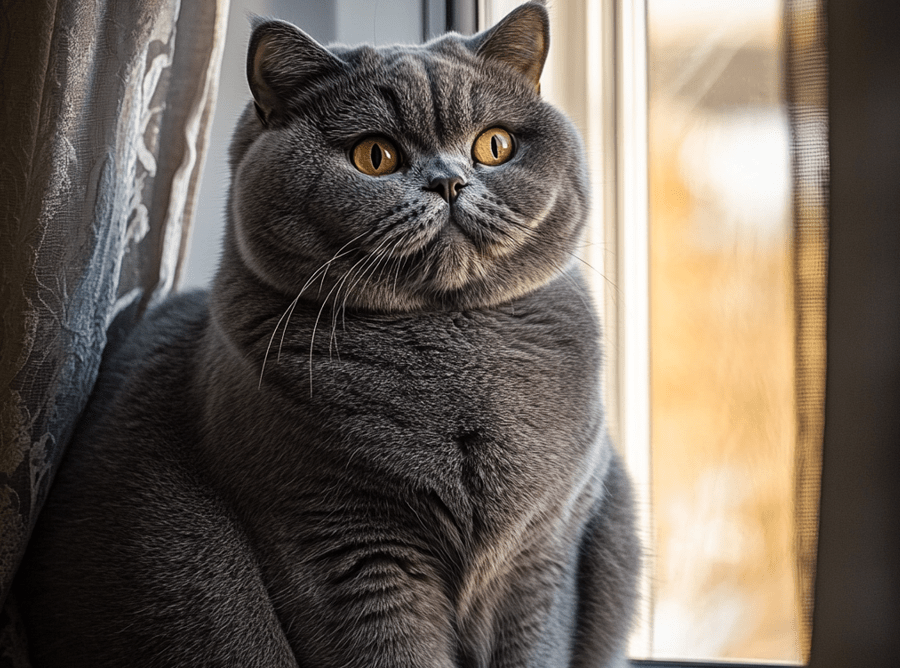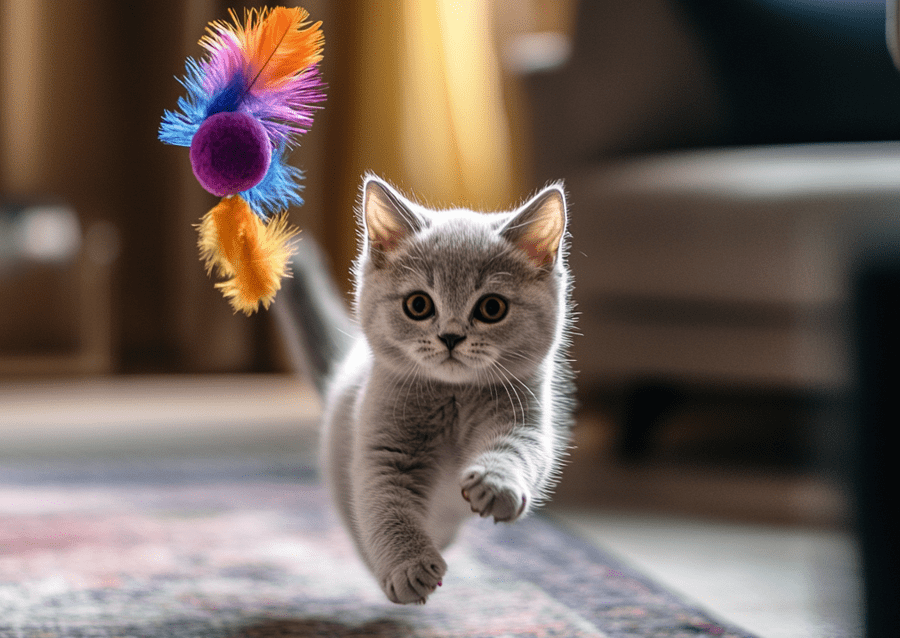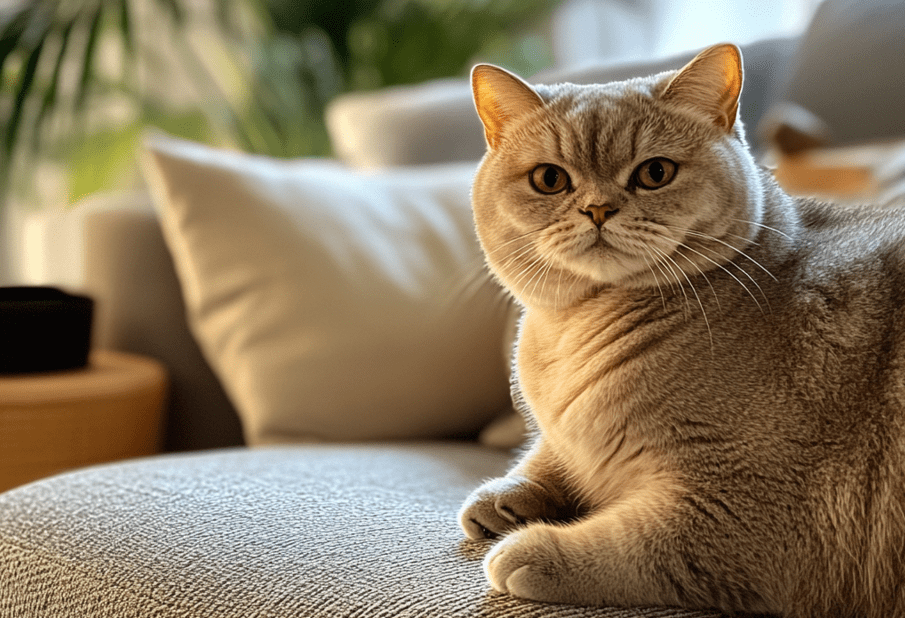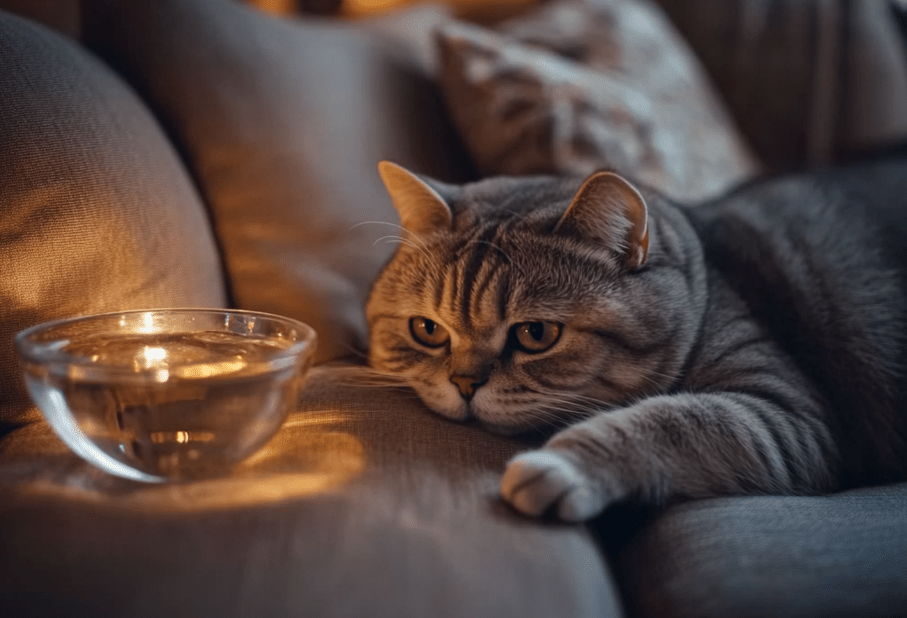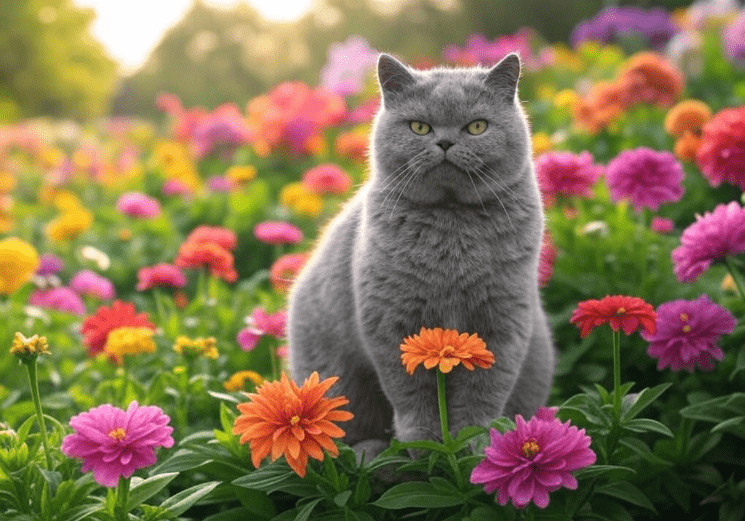
British Shorthairs are beloved for their plush coats, round faces, and calm demeanor, making them a favorite among cat owners. As a devoted pet parent, you want the best for your feline friend, which may lead you to consider supplements for British Shorthairs. But are these supplements truly necessary, or is a balanced diet enough to keep your cat thriving? In this comprehensive guide, we’ll explore the role of supplements in a British Shorthair’s diet, their potential benefits, and whether they’re essential for your cat’s health.
Understanding the British Shorthair’s Nutritional Needs
British Shorthairs are a robust breed with a muscular, compact build. Their nutritional requirements differ slightly from other breeds due to their unique physiology. These cats are prone to certain health issues, such as obesity, joint problems, and urinary tract conditions, which can influence the need for specific nutrients.
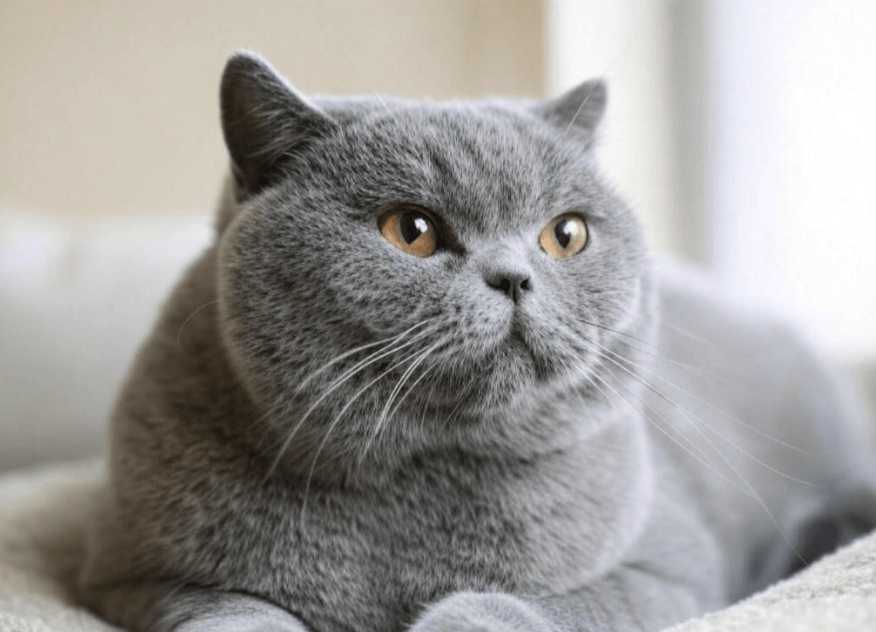
A high-quality, balanced diet formulated for cats is the foundation of good health. Commercial cat foods labeled as “complete and balanced” by organizations like the Association of American Feed Control Officials (AAFCO) are designed to meet a cat’s essential needs, including proteins, fats, vitamins, and minerals. However, some British Shorthairs may benefit from additional support through supplements, especially if they have specific health concerns or dietary deficiencies.
Key Nutrients for British Shorthairs
To determine whether supplements are necessary, it’s important to understand the key nutrients that support a British Shorthair’s health:
Protein: Essential for muscle maintenance and overall energy, especially for this muscular breed.
Taurine: An amino acid critical for heart health, vision, and reproduction. Cats cannot synthesize taurine, so it must be provided through diet or supplements.
Omega-3 Fatty Acids: Support skin, coat, and joint health, reducing inflammation.
Glucosamine and Chondroitin: Promote joint health, which is crucial for British Shorthairs prone to arthritis.
Vitamins and Minerals: Vitamin D, calcium, and phosphorus support bone health, while B vitamins aid metabolism.
Fiber: Helps with digestion and weight management, as British Shorthairs can be prone to obesity.
When Are Supplements Necessary for British Shorthairs?
While a balanced diet typically provides all the nutrients a healthy British Shorthair needs, certain situations may warrant the use of supplements. Below are scenarios where supplements might be beneficial:
1. Age-Related Needs
As British Shorthairs age, their nutritional requirements change. Senior cats (over 7–10 years) may experience reduced nutrient absorption, joint stiffness, or weakened immune systems. Supplements like omega-3 fatty acids, glucosamine, or antioxidants (e.g., vitamins C and E) can support aging cats by promoting joint mobility, reducing inflammation, and boosting immunity.
2. Joint Health and Mobility
British Shorthairs have a stocky build, which can put stress on their joints, especially if they’re overweight. Supplements containing glucosamine, chondroitin, or MSM (methylsulfonylmethane) can help maintain cartilage health and reduce the risk of arthritis. These are particularly useful for older cats or those with early signs of stiffness.
3. Skin and Coat Health
The British Shorthair’s dense, plush coat is one of its defining features. However, skin issues or dull coats can occur due to allergies, stress, or nutrient deficiencies. Omega-3 and omega-6 fatty acids (found in fish oil or flaxseed oil) can enhance coat shine and reduce skin irritation. Biotin and zinc supplements may also support healthy skin and fur.
4. Urinary Tract Health
British Shorthairs are susceptible to urinary tract issues, such as feline lower urinary tract disease (FLUTD). Supplements with cranberry extract or D-mannose may help prevent urinary infections by inhibiting bacterial adhesion in the bladder. Additionally, ensuring proper hydration (through wet food or water additives) is critical for urinary health.
5. Weight Management
Obesity is a common concern for British Shorthairs due to their sedentary nature and love for food. Supplements containing L-carnitine can aid in fat metabolism, helping cats maintain a healthy weight. However, supplements should complement a calorie-controlled diet and regular exercise, not replace them.
6. Digestive Health
Some British Shorthairs experience digestive issues, such as constipation or hairballs, due to their grooming habits. Probiotics and prebiotics can promote a healthy gut microbiome, improving digestion and nutrient absorption. Psyllium husk or other fiber supplements may also help with hairball control and regular bowel movements.
7. Specific Health Conditions
Cats with diagnosed medical conditions, such as heart disease, kidney issues, or diabetes, may require tailored supplements under veterinary guidance. For example, taurine supplements might be recommended for cats with heart conditions, while potassium supplements could benefit those with chronic kidney disease.
Popular Supplements for British Shorthairs
Here’s a closer look at some of the most common supplements recommended for British Shorthairs, along with their benefits and considerations:
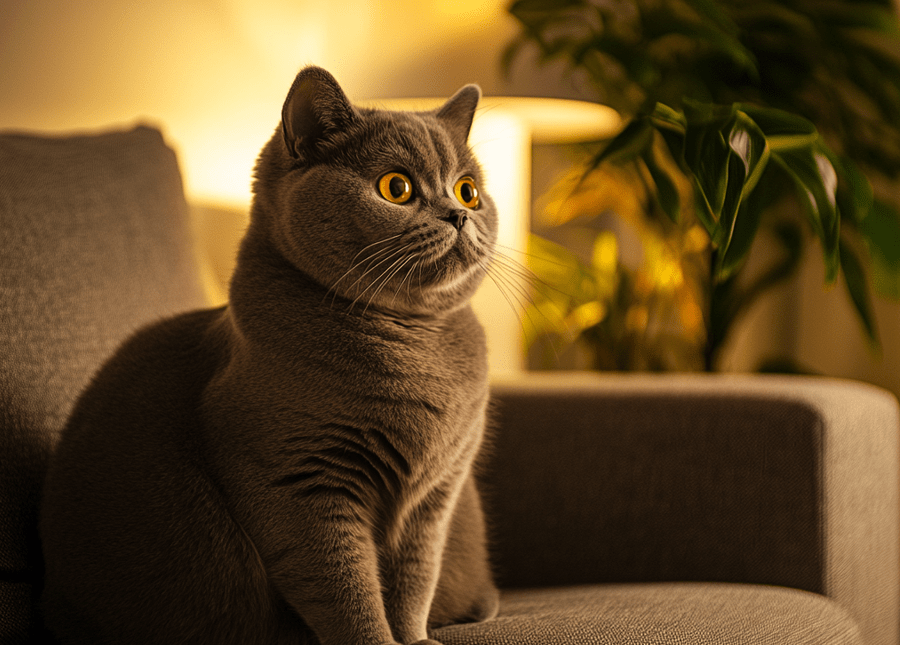
Omega-3 Fatty Acids
Benefits: Reduces inflammation, supports joint health, enhances coat quality, and promotes heart health.
Sources: Fish oil, krill oil, or algae-based supplements.
Considerations: Choose high-quality, purified fish oil to avoid contaminants like mercury. Consult a vet for proper dosing.
Glucosamine and Chondroitin
Benefits: Supports joint health, reduces stiffness, and may slow arthritis progression.
Sources: Available in chewable tablets, powders, or liquid forms.
Considerations: Effects may take weeks to become noticeable. Not all cats respond equally to these supplements.
Probiotics
Benefits: Improves gut health, reduces diarrhea, and supports immunity.
Sources: Powders, capsules, or fortified treats with strains like Lactobacillus or Bifidobacterium.
Considerations: Choose cat-specific probiotics, as human formulations may not be suitable.
Taurine
Benefits: Essential for heart, eye, and reproductive health.
Sources: Typically included in commercial cat food, but supplements may be needed for raw or homemade diets.
Considerations: Over-supplementation is unlikely, as excess taurine is excreted, but always consult a vet.
Cranberry Extract
Benefits: Supports urinary tract health by preventing bacterial infections.
Sources: Available in capsules, powders, or as part of urinary health formulas.
Considerations: Not a substitute for veterinary treatment in cases of active infections.
Are Supplements Safe for British Shorthairs?
While supplements can offer health benefits, they’re not without risks. Here are some safety considerations:
Over-Supplementation: Excessive intake of certain nutrients, such as fat-soluble vitamins (A, D, E, K), can lead to toxicity. Always follow dosing instructions.
Quality Control: Not all supplements are created equal. Choose products from reputable brands that undergo third-party testing for purity and potency.
Drug Interactions: Some supplements may interact with medications your cat is taking. For example, fish oil can thin blood, which may be problematic for cats on certain drugs.
Veterinary Guidance: Always consult a veterinarian before introducing supplements, especially if your British Shorthair has underlying health conditions.
Do British Shorthairs Need Supplements?
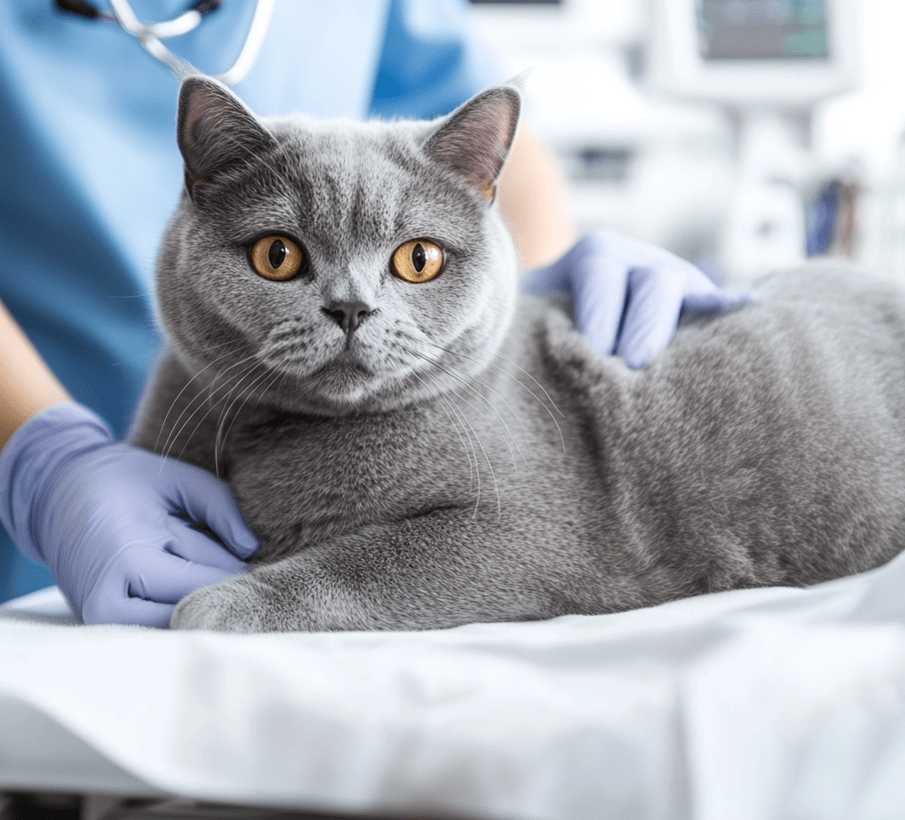
The necessity of supplements depends on your cat’s individual needs, diet, and lifestyle. Here are some guidelines to help you decide:
High-Quality Diet: If your British Shorthair eats a premium, AAFCO-approved cat food, they’re likely getting all essential nutrients. Supplements may only be needed for specific health concerns.
Homemade or Raw Diets: Cats on non-commercial diets are at higher risk of nutrient deficiencies, making supplements like taurine or calcium critical.
Health Conditions: Cats with diagnosed issues (e.g., arthritis, urinary problems) may benefit from targeted supplements.
Lifestyle Factors: Indoor cats, senior cats, or those with limited activity may require additional support for weight management or joint health.
Signs Your British Shorthair Might Need Supplements
Watch for these indicators that your cat could benefit from supplements:
1.Dull, dry, or flaky coat
2.Joint stiffness or reduced mobility
3.Frequent urinary issues or straining
4.Digestive problems, such as constipation or diarrhea
5.Lethargy or low energy levels
6.Weight gain despite a controlled diet
If you notice any of these signs, consult a veterinarian for a thorough evaluation. Blood tests or other diagnostics can identify deficiencies or health issues that supplements might address.
How to Choose the Right Supplements
Selecting the best supplements for your British Shorthair requires careful consideration. Follow these tips:
Consult a Veterinarian: A vet can recommend supplements based on your cat’s age, weight, health status, and diet.
Check for Quality Certifications: Look for products certified by organizations like the National Animal Supplement Council (NASC) or those with third-party testing.
Read Labels: Ensure the supplement contains active ingredients in therapeutic doses, not just fillers.
Choose Cat-Specific Formulas: Human supplements may contain ingredients unsafe for cats, such as xylitol.
Consider Palatability: Cats can be picky. Opt for supplements in forms your cat will accept, such as flavored chews or powders that mix with food.
Alternatives to Supplements
Before turning to supplements, consider these alternatives to optimize your British Shorthair’s health:
Switch to a Premium Diet: High-quality cat food formulated for specific needs (e.g., joint health, urinary support) may eliminate the need for supplements.
Increase Hydration: Wet food or water fountains can support urinary health and digestion.
Encourage Exercise: Interactive toys and playtime help maintain a healthy weight and joint mobility.
Regular Vet Checkups: Routine exams can catch health issues early, reducing the need for supplements.
Common Myths About Supplements for British Shorthairs
Let’s debunk some misconceptions about supplements for cats:
Myth: All cats need supplements to stay healthy.
Truth: Healthy cats on a balanced diet typically don’t require supplements unless they have specific needs.
Myth: More supplements are always better.
Truth: Over-supplementation can cause harm. Stick to vet-recommended doses.
Myth: Supplements can replace a poor diet.
Truth: Supplements are not a substitute for proper nutrition. A high-quality diet is the foundation of health.
Conclusion

Supplements for British Shorthairs can play a valuable role in supporting your cat’s health, particularly for joint issues, skin and coat health, urinary tract support, or weight management. However, they’re not a one-size-fits-all solution. A balanced, high-quality diet tailored to your cat’s needs is the cornerstone of good health, and supplements should only be used when necessary, under veterinary guidance.
By understanding your British Shorthair’s unique nutritional requirements and monitoring their health, you can make informed decisions about whether supplements are right for them. Always prioritize quality, safety, and professional advice to ensure your feline friend lives a long, happy, and healthy life.
If you’re unsure where to start, consult your veterinarian to create a personalized plan for your British Shorthair. With the right care, your cat will continue to charm you with their plush coat, soulful eyes, and gentle purrs for years to come.

